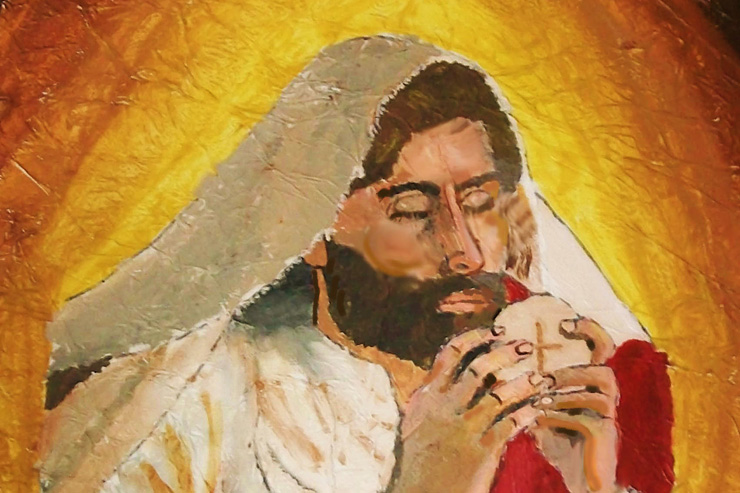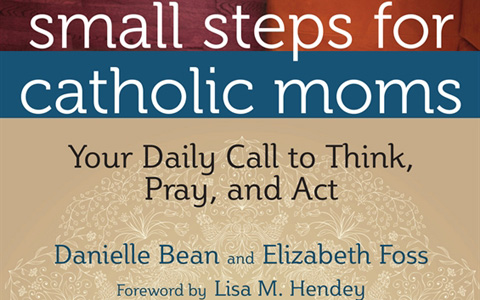As responsible and caring parents, we teach our children that God loves them. We also teach them to pray and to go to God with their needs. But how do we explain those times when God lets them suffer and their prayers are not answered the way they had hoped?
It makes the most sense to look to Jesus for our answer. During His suffering in the Garden of Gethsemane, Jesus prayed to his Father, “…yet not my will, but yours be done” (Luke 22:42). He also taught us to pray the “Our Father” which includes the words: “Thy will be done.”
This is perhaps one of the most difficult aspects of living our life in Christ and of dying to ourselves so that we are filled with God rather than ourselves. It’s human nature to desire what we want. And everyone wants to be happy. So if God loves us, why wouldn’t He want to give us what we want and to make us happy?
That question often becomes a stumbling block to faith. Many people lose their faith in God after experiencing great suffering. Because, after all, they reason, if there was a loving God, why would He allow such suffering? Yet, others draw closer to God during difficult times. It isn’t that they know the answer, but they have come to understand that a relationship with God means trusting that He knows what is best for us. When Peter did not understand Jesus talking about eating his Body and Blood in order to have life within us, he relied on his faith in Jesus. “Lord, to whom shall we go? You have the words of eternal life” (John 6:69).
Part of handing down a faith to our children, is teaching them to trust in God. And when they pray, it is okay to ask for their heart’s desire, as long as they ultimately accept God’s will.
It is this struggle of our will versus God’s will and coming to understand that prayer is about a relationship with him, that is the theme of the “Dear God” children’s series by Patti Maguire Armstrong. The author presents this essential message in a way children can absorb it– using humor, adventure, and inspiration.
In the first book, Dear God, I Don’t Get It, Aaron Ajax struggles with understanding the point in praying when his prayers seem not to be answered. To further complicate things, he discovers his younger brother was praying for the exact opposite intention. This true-to-life story places faith on a young person’s level as they try to navigate life issues, including bullying, having to move and go to a new school, and the difference between doing good for self versus doing it for God.
The newly released second book, Dear God, You Can’t Be Serious continues the faith-adventure with the second oldest brother as the main character. He is creative and humorous and ends up outsmarting himself to the point of humiliation. It is from that position that he comes to understand that life is best lived seeking to follow God’s plan rather than making plans without God. In this second book, the family decides to homeschool. Homeschooling is a part of the story, but since friends from the public school are included it is a story that all children will be able to relate too.
Catholic teachings are absorbed naturally through an engaging story. With so many bad influences slipping into our culture and contaminating our children, this book series is a refreshing and uplifting antidote. It lets kids be kids and helps them learn about right and wrong wrapped in union with their Catholic faith. Since characters in the series become friends of sorts, kids can continue reading about the Ajax family and learning more about their faith at the same time. The third book in this series will be released in the near future.















